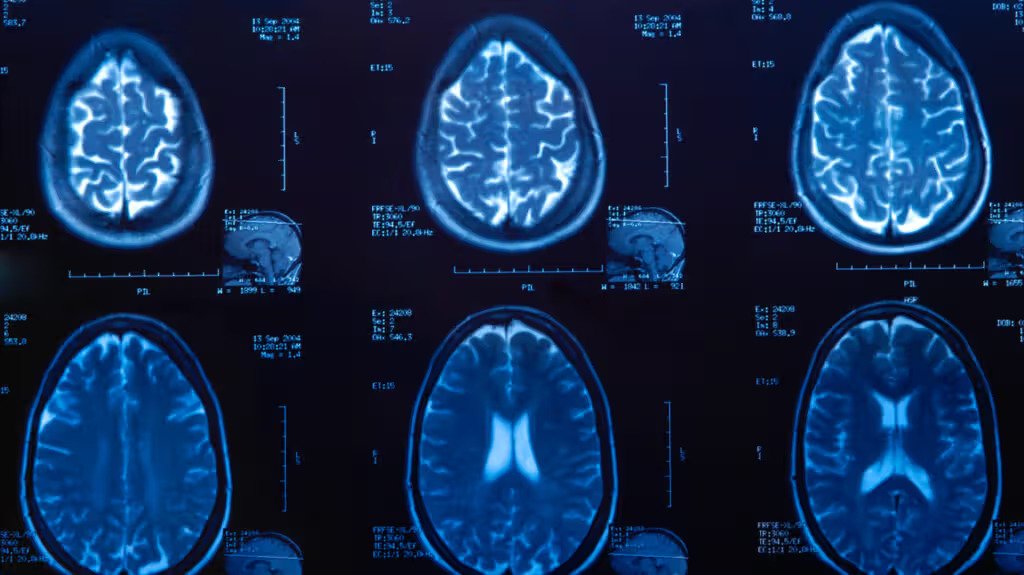
Hospice Care Admission Guidelines for Parkinson’s Disease
LCD Guidelines
Parkinson’s Disease
(At least one of the following criteria must be satisfied)
- Severely compromised respiratory function, as evidenced by all of the following:
- Shortness of breath (dyspnea) at rest
- Vital capacity below 30%
- Need for supplemental oxygen while at rest
- Patient refuses artificial ventilation
OR
- Rapid disease progression coupled with either A or B:
- Loss of independent mobility, resulting in wheelchair or bedbound status
- Speech deterioration, progressing from clear to barely intelligible or unintelligible
- Transition from a regular diet to a pureed diet
- Loss of independence in daily living activities (ADLs), now requiring significant assistance from a caregiver for all ADLs
AND
A: Severe nutritional decline, evidenced by all of the following in the past 12 months:
- Oral intake of food and fluids is insufficient to sustain life
- Continued weight loss
- Dehydration or hypovolemia
- Refusal or absence of artificial feeding
OR
B: Life-threatening complications, as demonstrated by one or more of the following in the past 12 months:
- Recurrent aspiration pneumonia (with or without tube feeding)
- Upper urinary tract infection (e.g., pyelonephritis)
- Sepsis
- Recurrent fever despite antibiotic treatment
- Stage 3 or 4 pressure ulcers
In the absence of these criteria, rapid decline or the presence of comorbid conditions may further support eligibility for hospice care.

Comparative Data
Fast Score: Upon admission, the patient was at Fast 7a, but has now progressed to Fast 7c.
PPS/ADL: Initially admitted with a PPS score of 50%, the patient’s PPS has now decreased to 40%.
Intake: Previously eating 100% of their meals, the patient is now consuming only 50%, with instances of food pocketing. The diet has shifted from regular to pureed, and the patient, who once ate independently, now requires prompts to complete meals.
Weight Loss: The patient has lost 10 pounds since admission.
Alertness/Orientation: Initially sleeping 10 hours a day, the patient now sleeps over 15 hours daily and has become combative during care, requiring medication to manage behaviors.
Skin Condition: Skin assessments should be done during each visit. Redness is now observed on the coccyx, whereas no skin issues were previously reported.
Mobility: The patient, who could independently move in a wheelchair upon admission, is now unable to do so and leans in the chair, requiring lateral support.
Infections: There have been occurrences of new or recurring infections.
Fever: The patient has been experiencing recurring fevers.
Comorbidities
- Kidney Failure
- Pain
- SOB
- Syncopal Episodes
- Anorexia
- Ascites
- Syncopal Episodes
- Weight Gain
- Edema
Areas we Serve
Call us at +1 480-565-7558 for inquiries.
